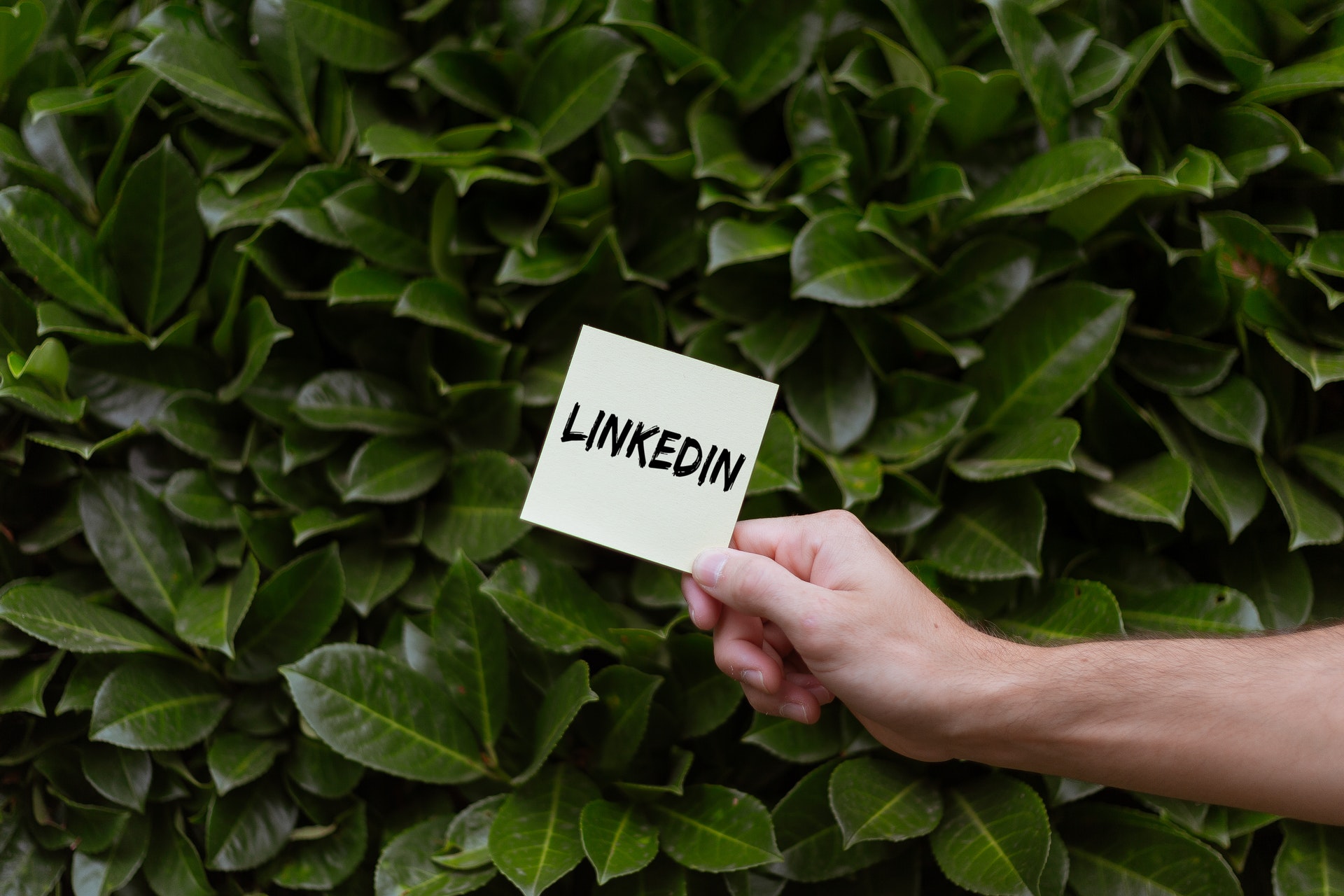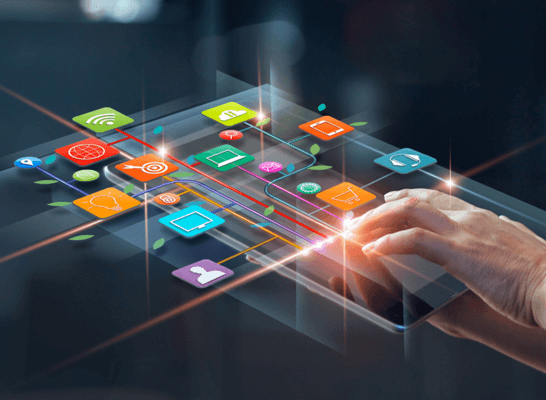News Bytes and Blogs _
The Era of LinkedIn
LinkedIn is a social network that has been around since 2003. By and large, it has functioned as a professional networking platform, but the platform is now fast becoming a favored marketing medium especially when communication is involved in enthralling B2B audience. Over the years, LinkedIn has evolved and brought in new features to attract a valuable crowd. At present, the medium claims it has ‘inclusivity and accessibility at its core. The success of LinkedIn lies in the fact that while people scroll through Instagram and Facebook as an activity of leisure or hobby, they spend time on LinkedIn with serious intents such as growing their network, scouting suitable candidates for a position, understanding the industry insights, etc. The platform has over 700 million active users and they mean business especially when they claim 3 persons are hired via this platform every single minute. This channel has been a frontrunner in creating trusted communities and clouts.

LinkedIn changed its look and feel, to stay relevant in changing times. The pandemic saw an era of great reshuffle where companies and employees redefined the idea of work and LinkedIn became an ever more valuable network rising up to new demands and challenges. Here is how LinkedIn catered to businesses and individuals while introducing many new features.
- Ephemeral Content
LinkedIn jumped onto the bandwagon of stories. Content that disappears after 24 hours has now become a part and parcel of LinkedIn. But unlike other social media networks, the content posted is highly professional in nature without any traces of frivolity.
- Open to work/Network
LinkedIn introduced photo frames that can make an individual stand out from the crowd, especially to a recruiter. LinkedIn also brought in options to customize profiles with banners and summaries to let the user put their best foot forward.
- In Mail
LinkedIn’s trusted messaging service which is safe and has options for customisation. This is a great way to reach a person who may or may not be a direct connection. Many recruiters use this feature to reach out to potential candidates.
- A surge in video content /Live Video
Like most other social media platforms, video content infiltrated LinkedIn too. Earlier the platform had a plethora of links to third-party websites alongside regular content, but now engaging videos are preferred over them. The platform also facilitates live video sessions where people or brands can engage in real-time with their viewers.
- Video Calls
This feature has the perfect timing of entry, where people are colluding via google meets and zoom, an option to video call makes the communication seamless. Users can engage in face-to-face video calls via Microsoft Teams, Verizon, or Zoom.
- Search Options
LinkedIn is widening its scope of ‘searching abilities’ where people can now search for, individuals, communities, content, and even events.
- Organic Carousels
LinkedIn documents can be viewed in scrollable carousel format which can pique the interest of readers ensuring increased engagement.
- LinkedIn Influencer
The platform has a unique influencer program limited to 500 people which is invites-only, where the thought leaders of the industry are invited to put out content that can benefit laymen in a way making their acumen accessible to the masses. Bill Gates, Richard Branson, etc are all a part of this elite group. Lately, the platform has witnessed a rise in conventional micro and nano influencers who are emerging thought leaders in their respective niches.
- LinkedIn Showcase Pages
A brand can have an add-on page/page that features special products or initiatives where it can broadcast noteworthy content appealing to different buyer groups.
Editing and deleting sent messages, emojis to react to messages and contents, LinkedIn polls, name pronunciation feature where one can record the correct pronunciation of their name to help others have correct diction, inviting new people to group conversations are all exciting features doled out by LinkedIn as it is moving steadily to hit 1billion users benchmark.











